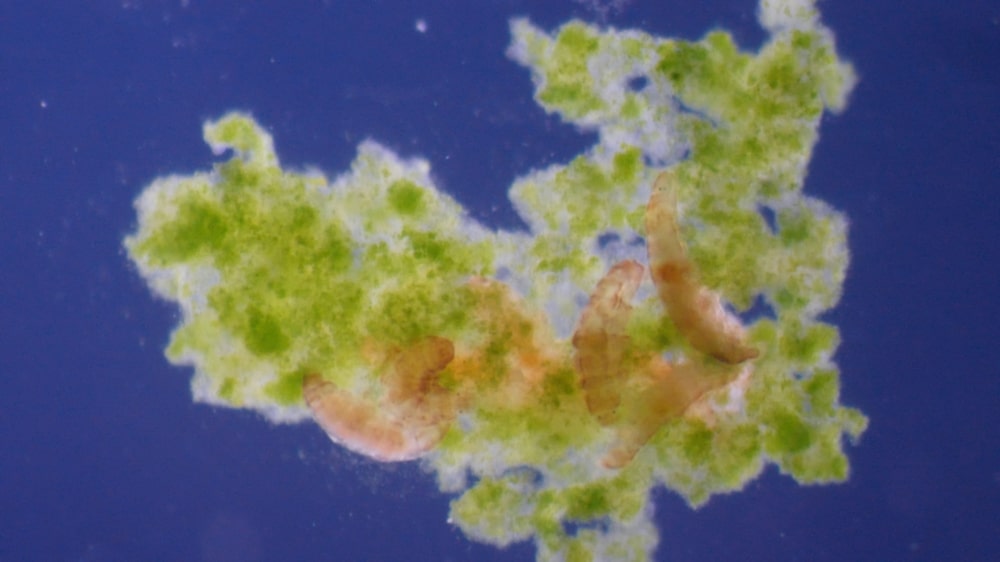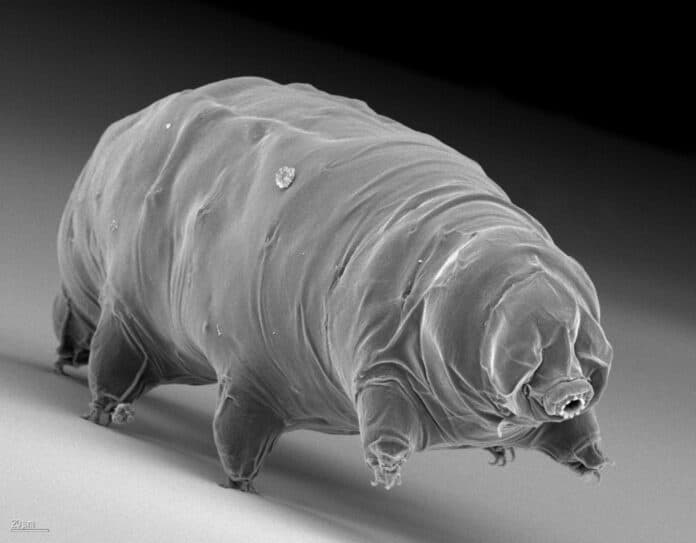Tardigrades, also called water bears, which are just a millimeter in size, have adapted perfectly to rapidly changing environmental conditions.
In the past, Ralph Schill, a professor at the University of Stuttgart’s Institute of Biomaterials and Biomolecular Systems, showed that anhydrobiotic (dried) tardigrades could survive unharmed for many years without absorbing water. It was previously unknown whether they age more quickly or slowly in a frozen state or if aging stops altogether. But the riddle is now clear: tardigrades that have been frozen do not age.
Schill explains that tardigrades don’t die; they instead fall into a deep sleep.
Tardigrades can survive both heat and cold equally unscathed. They don’t show any signs of life, raising the question of what happens to the animals’ internal clock and whether they age in this resting state.
The princess in a Grimm Brothers’ fairytale falls into a deep sleep. One hundred years later, she is kissed by a prince, and when she awakens, she still has the same youthful beauty. It is the same with tardigrades in a dried state; therefore, this is also called the “Sleeping Beauty” hypothesis.

Schill said, “During inactive periods, the internal clock stops and only resumes running once the organism is reactivated. So, tardigrades, which usually only live for a few months without rest, can live for many years or even decades.”
It was still unclear whether this also applies to frozen animals. Do they age faster or slower than the dried animals, or does aging also come to a halt?
Schill and his team performed several experiments in which they froze more than 500 tardigrades at -30 °C, thawed them out again, numbered them, fed them, and then froze them once more to investigate this. Up until all the animals perished, this was done.
Control groups were kept at a constant room temperature at the same time. The comparison with the control groups indicated an essentially equal lifespan when the time spent in the frozen state was excluded.
Schill said, “So even in ice, tardigrades stop their internal clocks like Sleeping Beauty.”
Journal Reference:
- J. Sieger et al. Reduced aging in the frozen state in the tardigrade Milnesium inceptum (Eutardigrada: Apochela). Journal of Zoology. DOI: 10.1111/jzo.13018
